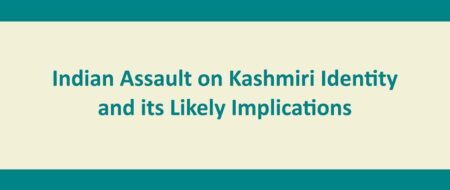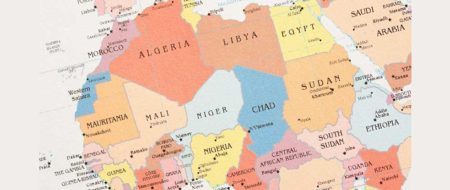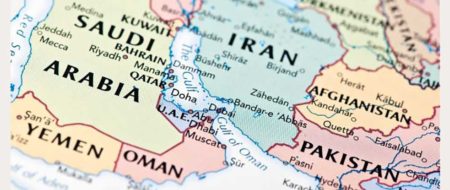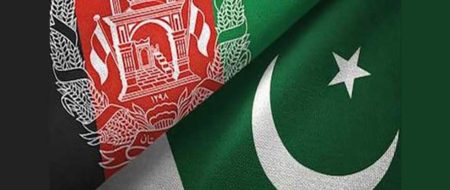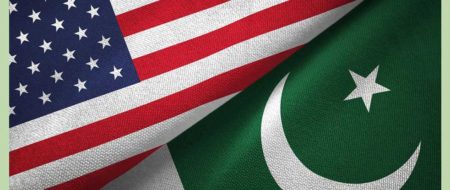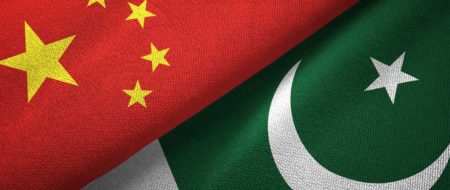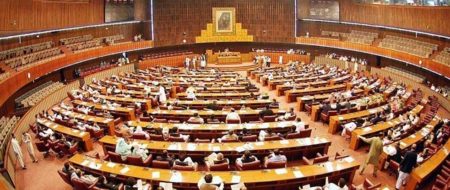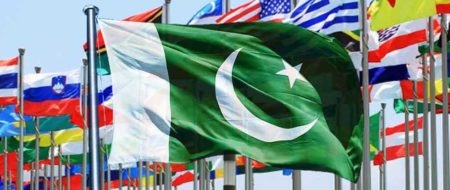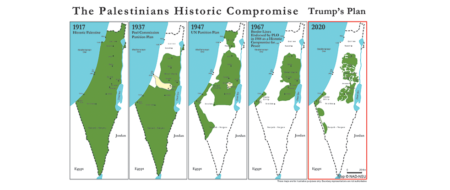What the Future Holds for US-Pakistan ties
Whatever may be the outcome of the promised US investigation into the attacks on Pakistani posts on Nov 27, certain facts are already known ….,Writes Khalid Rahman in
China Daily(2011-12-13)
by Khalid Rehman in China Daily
Whatever may be the outcome of the promised US investigation into the attacks on Pakistani posts on Nov 27, certain facts are already known.
First, 24 Pakistani soldiers were killed in their own territory which the Pakistani Army had cleared in September 2011, a fact known to all concerned. Second, US-led International Security Assistance Force (ISAF) helicopters with the support of fighter planes carried the attacks. Third, the attacks continued for more than 2 hours even after the establishment of contacts between the two authorities. And fourth, the ISAF helicopters returned to attack a second time.
Neither international laws nor the ISAF mandate nor the terms of engagements in Afghanistan nor the conventions of joint border operations between the US and Pakistan authorize such aggression.
In the normal course, after the attacks the international community should have condemned, in the strongest terms, the clear violation of international laws and loss of lives, and recognized the victim country’s right to respond. Ironically, however, many world capitals and the international media were surprised with Pakistan’s response and not the attacks.
Understandably, Pakistan’s rather feeble response to the earlier violations of its territory – some 300 drone attacks accounting for up to 3,000 deaths, and six US-NATO incursions killing 72 and injuring 250 Pakistani soldiers – is one of the main reasons for today’s sad situation. It seems the Americans misinterpreted Pakistan’s response as a sign of its weakness and took the liberty of attacking Pakistan again.
To many analysts, the NATO attacks, just before the Bonn Conference (on Afghanistan’s future) – organized in the backdrop of the US’ failure in Afghanistan to get approval for future American presence there – were planned for two reasons. On one hand, it was to gauge Pakistan’s reaction, which has been relatively strict in the recent past. On the other, it was to warn Pakistan of the dire consequences it faced if it was not prepared to continue cooperating on the terms and conditions of the US.
A pressured Pakistani leadership could have been easily swayed to endorse the American prescription without considering national interests. Or, Pakistan could have shown resistance and thus disrupted the whole process because of its well recognized and accepted key position in the war on terrorism.
Many observers believe that the Americans want to blame Pakistan for their failure in Afghanistan. Military and other attacks on, and the continued political and media campaigns against Pakistan are therefore aimed at provoking Islamabad to retaliate, so that its nuclear assets, already a target of an aggressive propaganda campaign, could also be targeted.
True, that in the context of the current equation in Afghanistan, these steps may not pose a major challenge to the US. But Pakistan’s unparalleled information and intelligence network, together with its capacity to influence different groups in Afghanistan, makes it an inevitable player in a protracted stalemate which could multiply the US’ difficulties. Given these facts, Pakistan’s decision to boycott the Bonn conference on Afghanistan’s future may have denied it the chance to present its case directly, but it has created more space for Pakistan.
How long can Islamabad maintain its pressure on Washington? And conversely, how long can it resist the political, diplomatic, economic and media pressures of the Americans. These two questions have now acquired added significance.
Indeed, the present impasse may turn out to be the most susceptible point in US-Pakistan relations since the beginning of 2011, a year that has seen CIA contractor Raymond Davis shoot down two Pakistanis in Lahore and the American raid on Abbottabad in which Osama bin Laden was killed.
US-Pakistani ties have been deteriorating for some time now because of Pakistanis’ increasing anger against the Americans, creating space for the Pakistani military leadership to distance itself from the US and review the current terms of its engagement in the war on terrorism, which anyway are not in the genuine interest of Pakistan. An additional outcome of such an approach for Pakistan is the greater “harmony within”, the source of real strength for any country.
By ensuring national solidarity and effective diplomatic and media campaign, Pakistan can sustain its position until such time that the cutting off of supply routes to NATO forces in Afghanistan starts making a real impact. Though alternative supply routes from Central Asia appear good, they are not practical for permanent dependence, because of the distances, additional costs, climatic conditions and security issues and most importantly the political equation in the region. The recent statement of Russian foreign minister about stopping supplies to NATO-US is a clear indication in this regard.
Pakistan’s real challenge is to remove the gap between its people and the leadership that has been created by the government’s cooperation, against the will of the people, in the US’ war on terrorism . The emerging scenario may either widen the gap, which will be disastrous for Pakistan, or narrow it further, which has happened in the past few weeks, making the country and leadership stronger and capable of making bold decisions.
The US, too, faces a test: how to achieve its objectives in Afghanistan without Pakistan’s support. The declining domestic support for the war, its international image and worsening economic conditions at home are some of the immediate and pressing needs that the US has to focus on.
Thus the Nov 27 attacks and Pakistan’s response have laid the foundation for a new setting, a setting in which, unless something dramatic happens, an all out war between Pakistan and the US is an impossibility, because both need each other and cannot afford such an adventure at this point of time.
Nevertheless, in a war of nerves, a renegotiation on the nature, level and terms of cooperation will certainly take place, and the country that demonstrates stronger nerves and moves smartly will be the final gainer. The most likely scenario is a new beginning in US-Pakistan relationship with the focus on objectives and strategies, as well as tactics.
http://www.chinadaily.com.cn/opinion/2011-12/13/content_14255242.htm



